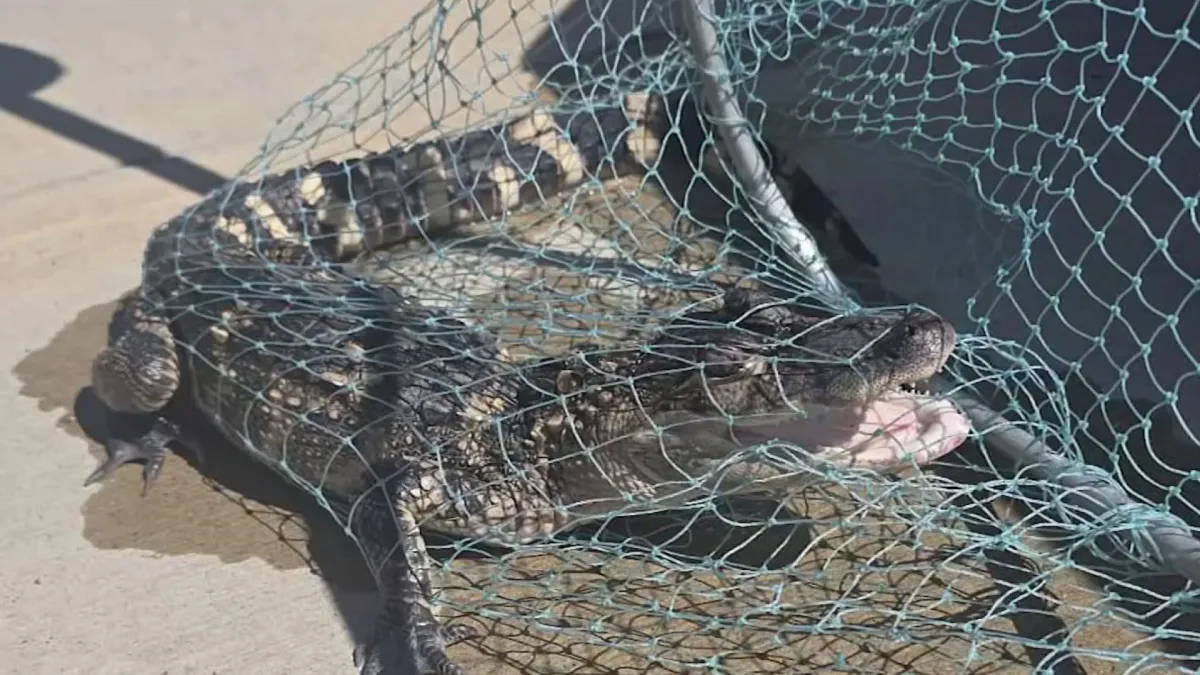Campus Areas Inspected and Treated
The University of Maryland has confirmed reports of body lice on campus, prompting swift action from its Pest Control Management Units. Officials announced that all identified locations where lice were reported have been “inspected and thoroughly treated.”
In a public notice, the university assured the community that “all known areas have been inspected and treated,” and emphasized that inspections will continue as a precaution to ensure no additional areas are affected.
Health Advisory Issued for Students
The university is urging students to remain alert and monitor themselves for symptoms. Anyone who experiences signs of body lice is encouraged to contact the University Health Center for evaluation and treatment.
University officials stressed that while the situation is under control, personal awareness is key to preventing further spread among the student body.
What Are Body Lice?
Body lice are small but visible insects that live on human skin and in clothing fibers. They typically spread through close physical contact with an infested person but can also be transmitted through shared clothing, bedding, or linens.
Unlike head lice, which are often found in school-aged children, body lice are more likely to be associated with situations involving overcrowding, limited access to clean clothing, or unsanitary conditions. However, officials noted that infestations can occur in a variety of environments, including college campuses.
Recognizing Symptoms
According to health officials, common symptoms of body lice include:
-
Persistent itching
-
Red bumps or rash caused by bites
-
Visible lice or nits on clothing seams or near the skin
Prolonged infestations may also lead to skin irritation or secondary infections if scratching breaks the skin.
Preventive Measures for Students
University health experts are advising students to take practical steps to reduce the risk of lice transmission, including:
-
Avoiding the sharing of clothing, towels, and bedding
-
Washing clothes and linens regularly in hot water
-
Drying fabrics on a high-heat cycle
-
Seeking prompt medical evaluation if symptoms appear
Students who suspect exposure should also isolate potentially contaminated clothing or bedding until it can be properly cleaned.
Ongoing Monitoring by the University
The University of Maryland emphasized its continued commitment to student health and safety. Pest control teams are performing follow-up inspections to confirm that treatment measures remain effective.
Officials said they will continue to keep the campus community updated as inspections progress and urged students to report any concerns directly to campus health services.
Community Response
While the discovery of body lice has raised concerns among students and staff, university leaders reassured the community that the situation is being carefully managed. They encouraged students not to panic but to remain vigilant and follow recommended health guidelines.
The incident serves as a reminder of the importance of maintaining personal hygiene and monitoring shared living spaces, particularly in university housing where close contact is common.












Leave a Reply